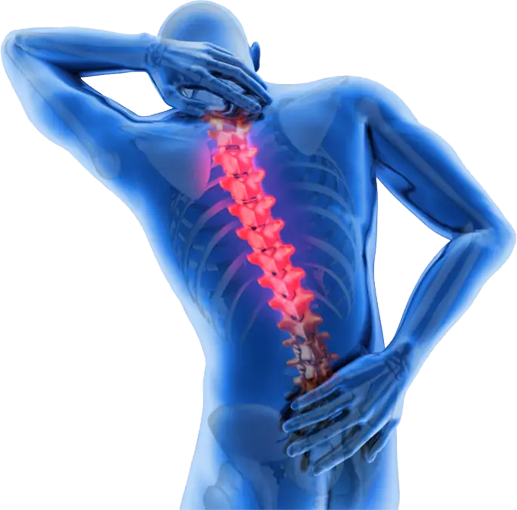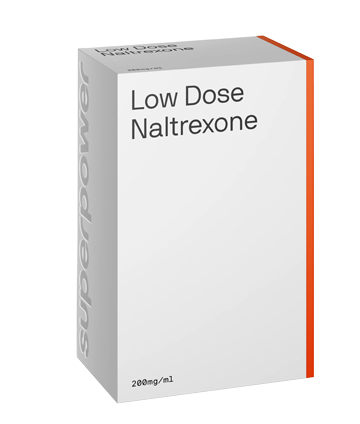Low Dose Naltrexone
Low Dose Naltrexone (LDN) is a therapy that may help regulate the immune system and reduce inflammation in various chronic conditions.
Low Dose Naltrexone
Naltrexone is part of a large class of drugs known as opiate antagonists. In high dosages (usually between 50 and 300mg daily), Naltrexone can be used to treat addiction to opioids such as heroin or morphine by blocking the effect of these drugs on the brain. In other words, Naltrexone reduces the “high” associated with opiate drugs. At significantly lower dosages, however, Naltrexone has been shown to moderate the symptoms of numerous chronic medical conditions, as well as help minimize chronic pain associated with cancer and other diseases.
Low Dose Naltrexone—the same drug at significantly lower dosages, usually no more than 5mg—is believed to operate as an anti-inflammatory agent on the central nervous system, and has been shown to have a mitigating impact even on diseases not specifically associated with inflammation.
For patients suffering from chronic conditions associated with discomfort and pain, daily dosages of LDN are generally considered to be safe, well-tolerated with a minimum of side effects, and relatively inexpensive.
Naltrexone has been FDA approved in higher doses (50mg) for the treatment of opioid addiction since 1984.
While the use of significantly lower dosages of Naltrexone (LND) has not specifically been approved by the FDA because the drug has passed all animal toxicity testing and therefore the off-label use of this drug is both ethical and legal.
- HIV/AIDS
- Hashimoto’s Disease
- Psychological disorders
- Autoimmune diseases such as Crohn’s disease, fibromyalgia, multiple sclerosis, and lupus
- Central nervous system disorders such as Parkinson’s disease, Alzheimer’s disease, ALS (Lou Gehrig’s disease)


How Does It Help
LDN has been found to have a significant ameliorating impact on the symptoms of a wide range of diseases and medical conditions, so many, in fact, that it is impossible to name them all here. However, all of the conditions for which LDN may be appropriate share a common feature: the involvement of the immune symptom, including low blood levels of endorphins. The one exception to this is certain types of cancers, in which it seems that LDN has an impact on opioid receptors found in some tumors.
Low Dose Naltrexone (LDN) works by temporarily blocking opioid receptors, which triggers the body to increase the production of endorphins—natural pain relievers and immune modulators. This boost in endorphins helps reduce chronic inflammation, balance immune responses, and alleviate symptoms in conditions such as autoimmune disorders, fibromyalgia, and chronic pain. LDN is also being studied for its potential benefits in mood regulation and neurodegenerative diseases. Its low dosage makes it a well-tolerated option for long-term use under medical supervision.

